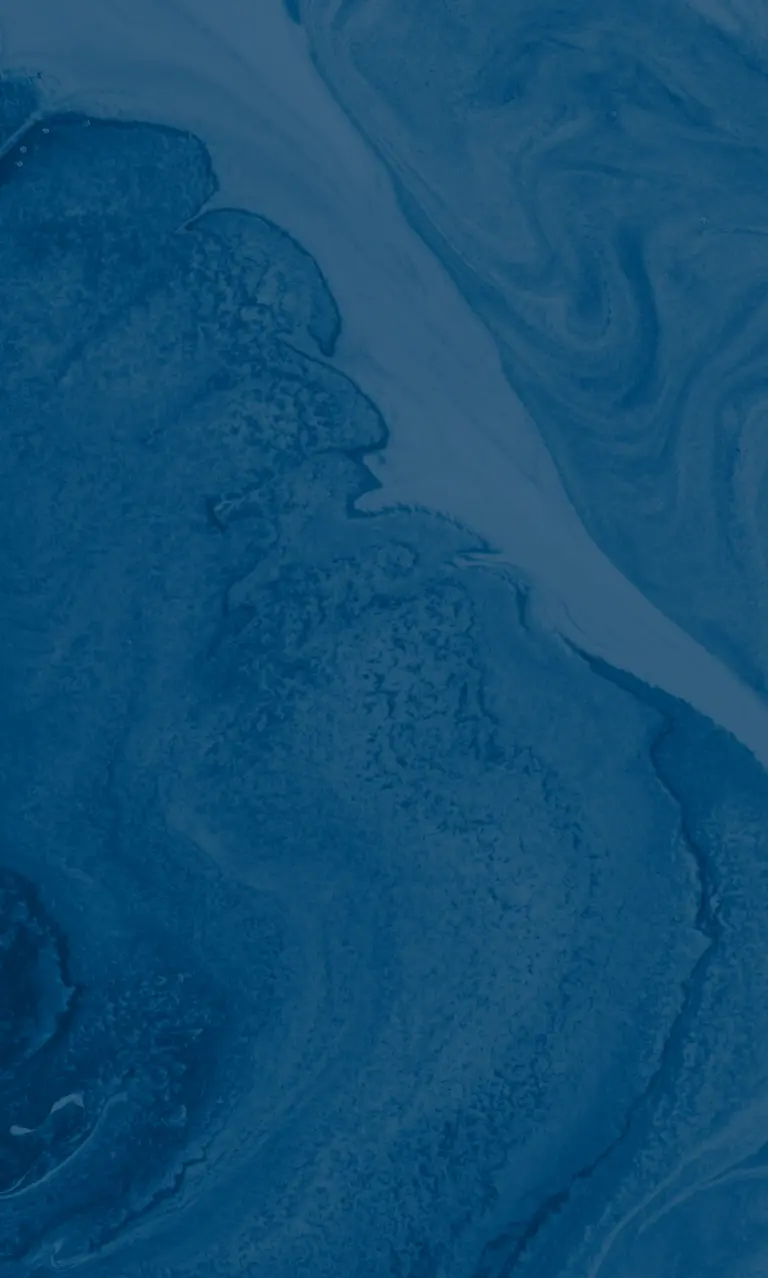APPEAL Ecosystemic approach to the impact of floating wind farms
The main objective of the APPEAL project is to implement an approach that brings together natural sciences and human and social sciences to measure the effects of offshore floating wind farms (OFW) on the functioning of coastal socio-ecological systems.
As the project will be conducted upstream from the installation of pilot sites, research will initially focus on defining an environmental, ecological and socioeconomic (use, perceptions and acceptability) baseline status for future OFW installation sites.
A second phase of the project will involve modelling and testing possible evolution scenarios relating to their trophic functioning and biodiversity conservation role, their economic impact on fishing fleets and their interaction with other types of use.
The final objective will be to establish a model of the socio-ecological system to characterise and analyse the interactions between all the players and the environment, while taking account of the legal framework.
Two OFW pilot development sites will be studied as part of the APPEAL project: Groix and Belle-Île in the Atlantic and Leucate in the Mediterranean.
Partners
Centres de recherche
- Université de Caen, Caen
- SHOM, Brest
- Université de Nantes, Nantes
- Université de Bordeaux, Bordeaux
- Université du Littoral Côte d'Opale (ULCO) - Laboratoire d'Océanologie et de Géosciences - UMR 8187 (LOG)
- Université Pierre et Marie Curie (UPMC) Observatoire Océanologique de Banyuls (LECOB), Banyuls
- France Energies Marines / Université de Bretagne Occidentale, Brest [Porteur de projet]
- Comité Régional des pêches maritimes et des élevages marins de Bretagne
Entreprise
- RTE France
- P2A Développement, Villeneuve-lès-Maguelone
- SINAY, Caen
- Terra Maris, Plouzané
Funders
- Agence Nationale de la Recherche (France Energies Marines)
